African leaders, including Nigeria’s Vice President, advocate for full implementation of AfCFTA to achieve a $29 trillion economy by 2050.
At the 2025 World Economic Forum (WEF) in Davos, Switzerland, African leaders, spearheaded by Nigeria’s Vice President Kashim Shettima, unveiled an ambitious vision: transforming Africa’s economy into a $29 trillion powerhouse by 2050.
Central to this vision is the full implementation of the African Continental Free Trade Area (AfCFTA), established in 2019 to eliminate tariffs and harmonize trade laws among member countries. The agreement aims to boost intra-African trade by 50%, significantly enhancing the continent’s GDP and attracting foreign direct investment.
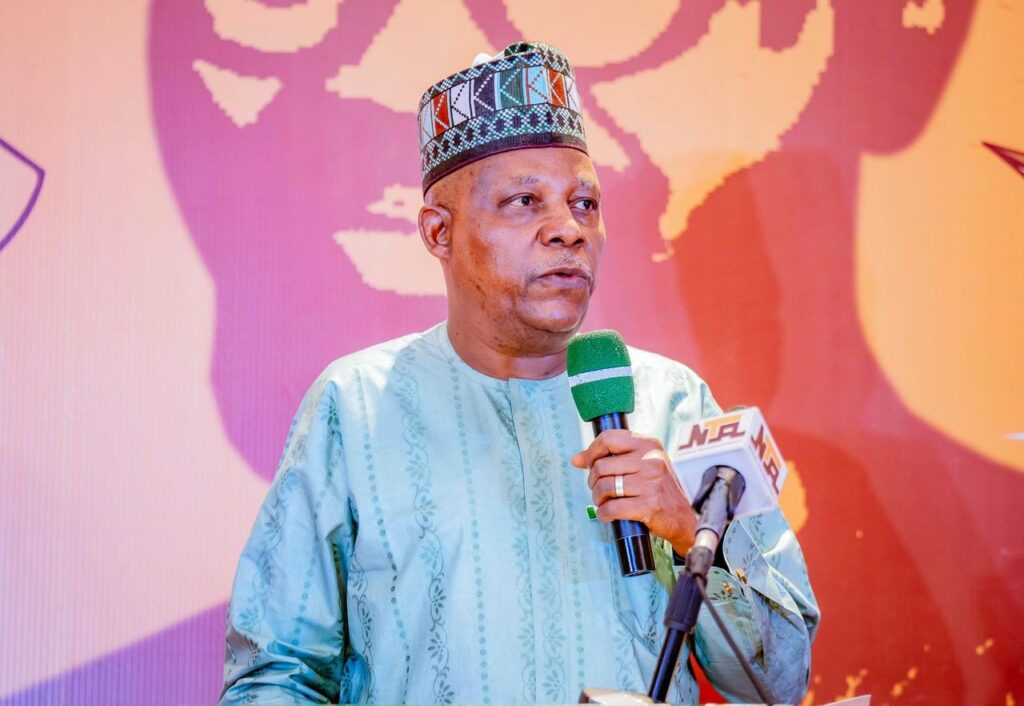
Vice President Shettima emphasized Nigeria’s commitment to digital transformation and economic integration, noting that by 2050, Nigeria’s population is projected to surpass that of the United States, reaching 440 million. He highlighted Nigeria’s current digital landscape, with 220 million telecom subscribers and 163 million internet users, underscoring the nation’s readiness to drive and benefit from AfCFTA’s initiatives.
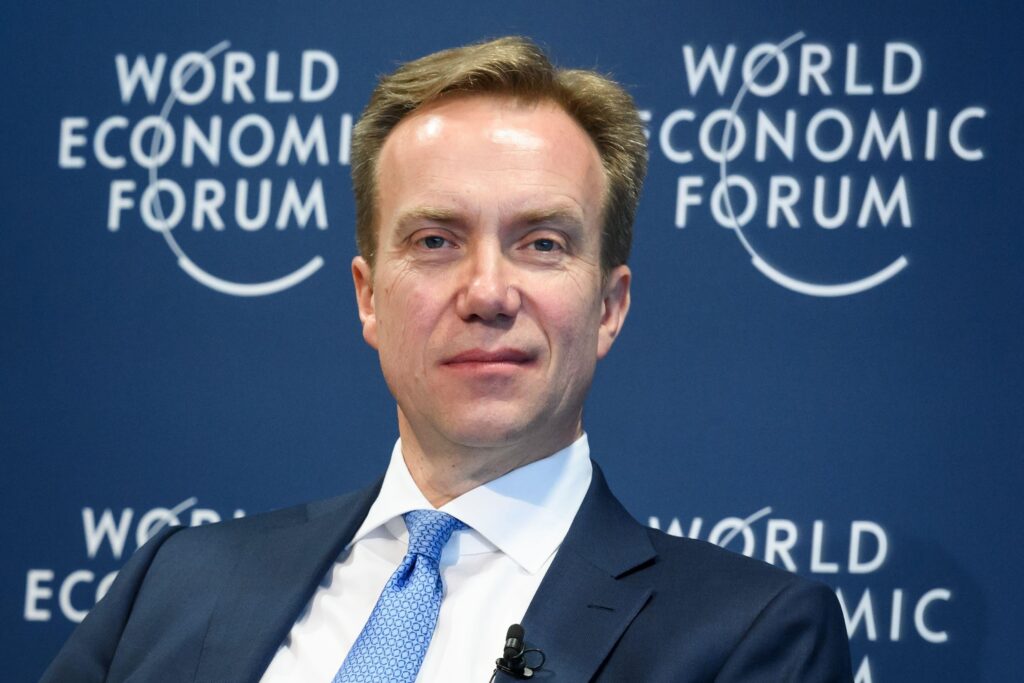
World Economic Forum President Børge Brende echoed this optimism, stating that with robust support for AfCFTA, Africa could achieve the $29 trillion economic target by 2050. He pointed out that this figure represents one-third of the current global GDP, emphasizing Africa’s vast potential. However, Brende also highlighted the pressing challenge of creating new jobs for the continent’s burgeoning youth population, a sentiment shared by many leaders at the forum.
The AfCFTA is expected to drive growth in Africa’s energy sector by providing modernized and streamlined access for investors. By promoting infrastructural development in power, transportation, and telecommunications, the agreement aims to reduce energy costs, increase cross-border energy trade, and facilitate large-scale renewable projects. Countries like South Africa, Nigeria, and Egypt are well-positioned to leverage this framework, enhancing exports and tapping into various renewable energy potentials.
Achieving a $29 trillion economy by 2050 is an ambitious goal that requires unwavering commitment from African nations. The successful implementation of AfCFTA, coupled with strategic investments in infrastructure, education, and technology, will be pivotal. As Africa stands on the cusp of a potential economic revolution, the collaborative efforts of its leaders and citizens will determine the realization of this transformative vision.
Read Also:
- MoniePoint Ranked Fastest Growing Company By Financial Times
- Spice & Smoke: African Street Foods Every Tourist Must Try
- From Strategy to Spirit: Rediscovering Africa’s Original Games
- Benin Republic Reclaims 17th-Century Looted Artifact From Finland
- EU To Invest over 800 Million Euros in Ghanaian Infrastructure.
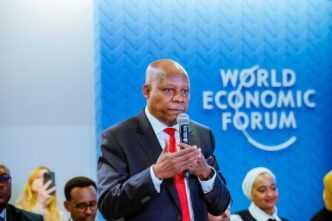
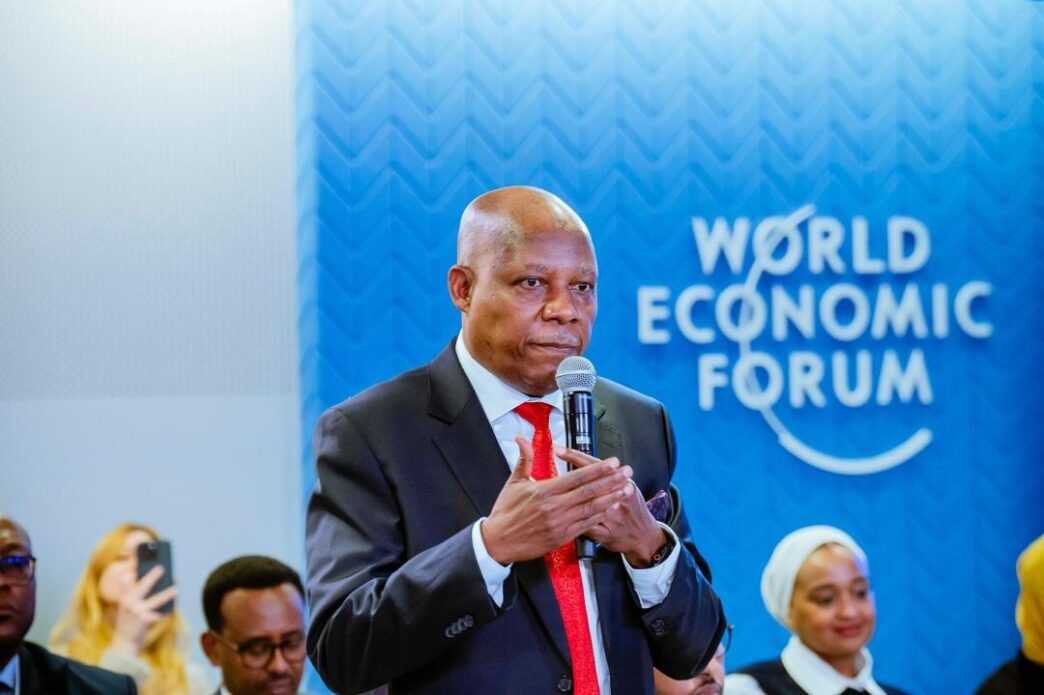










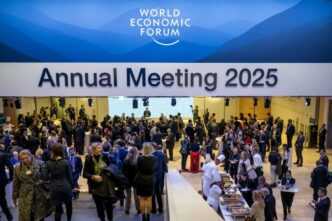
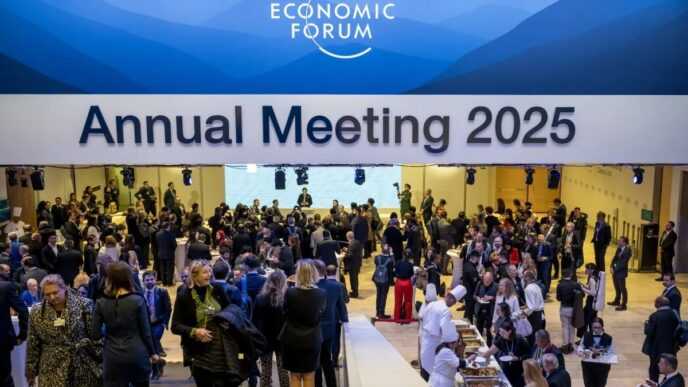
Thank you for your sharing. I am worried that I lack creative ideas. It is your article that makes me full of hope. Thank you. But, I have a question, can you help me?